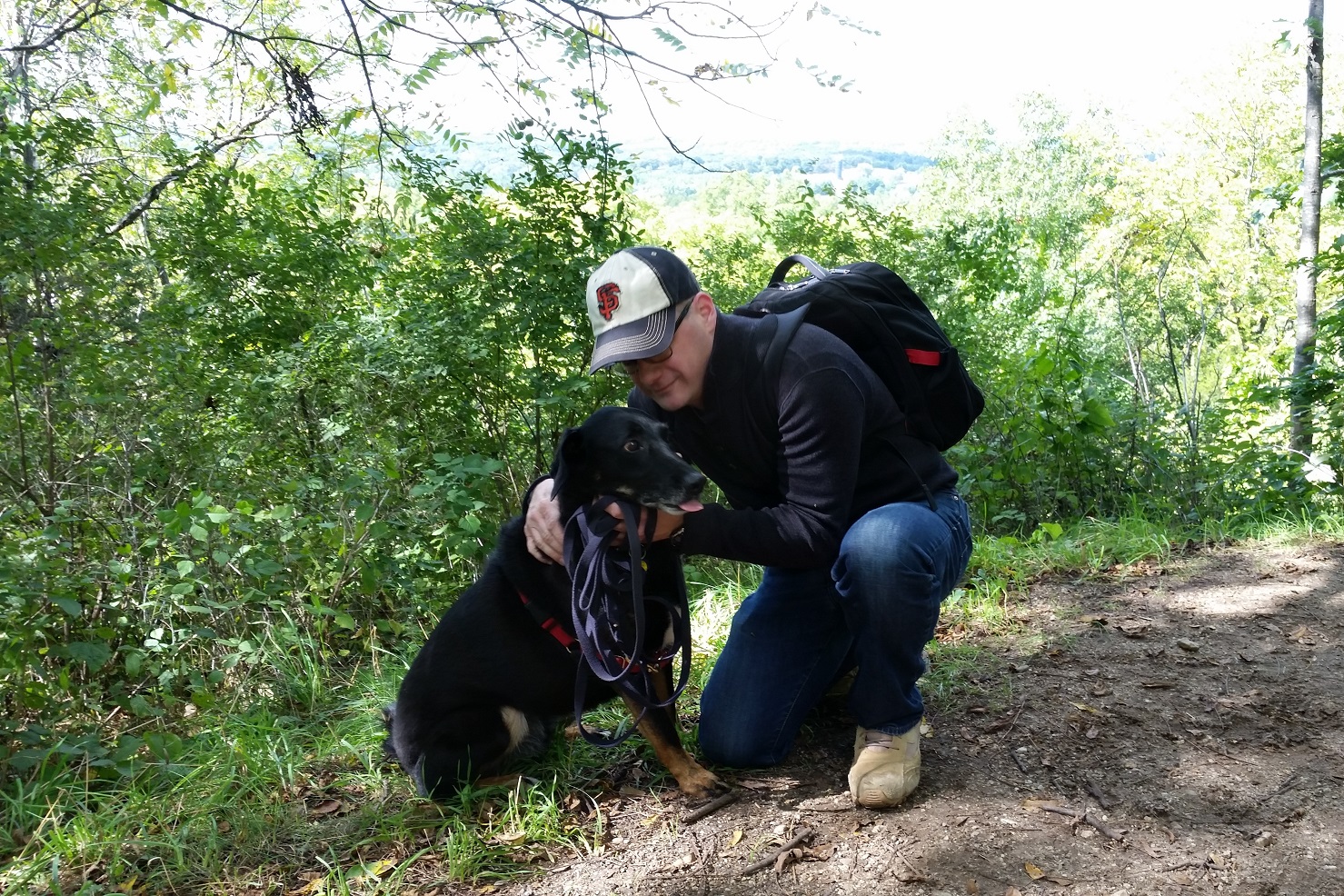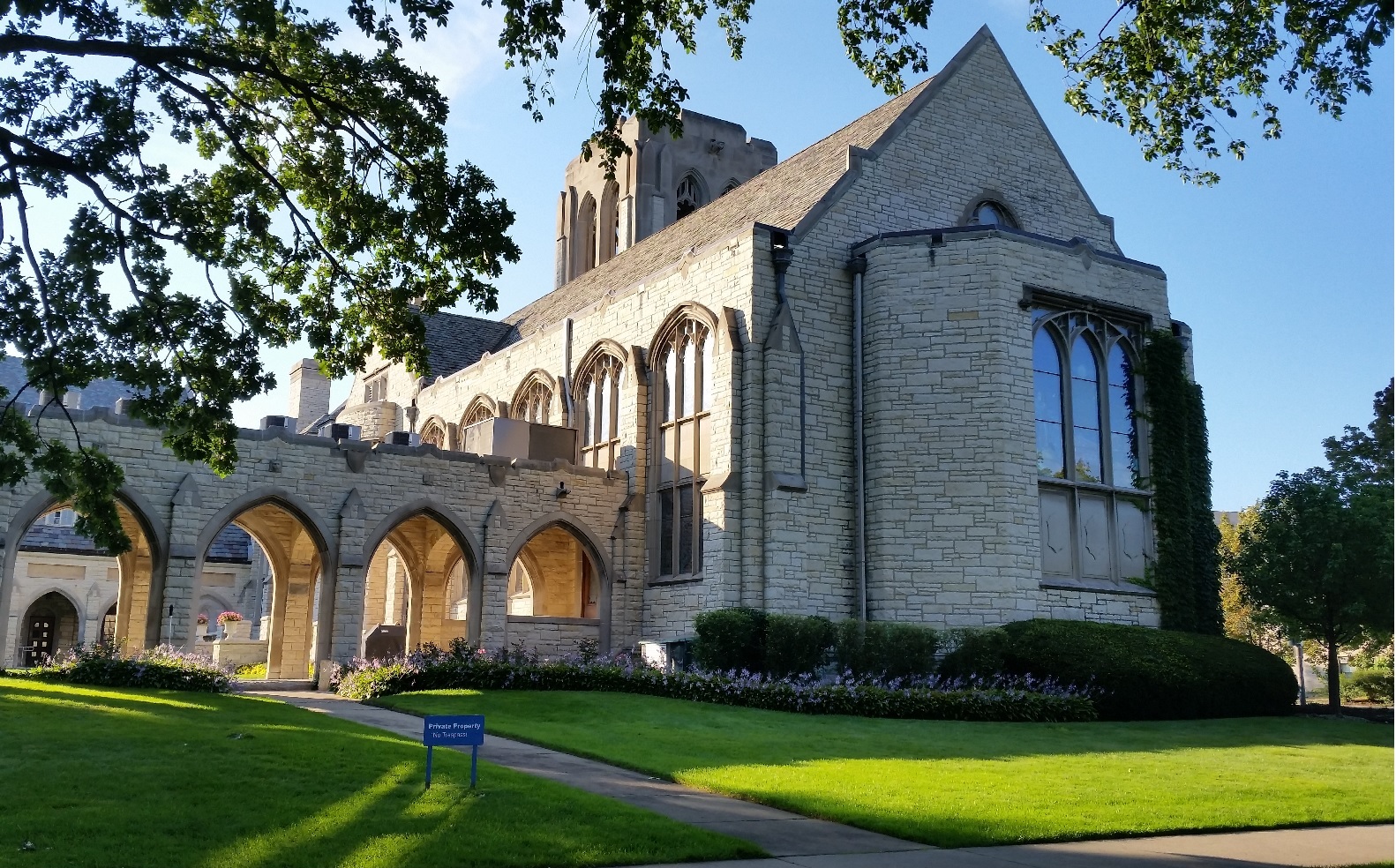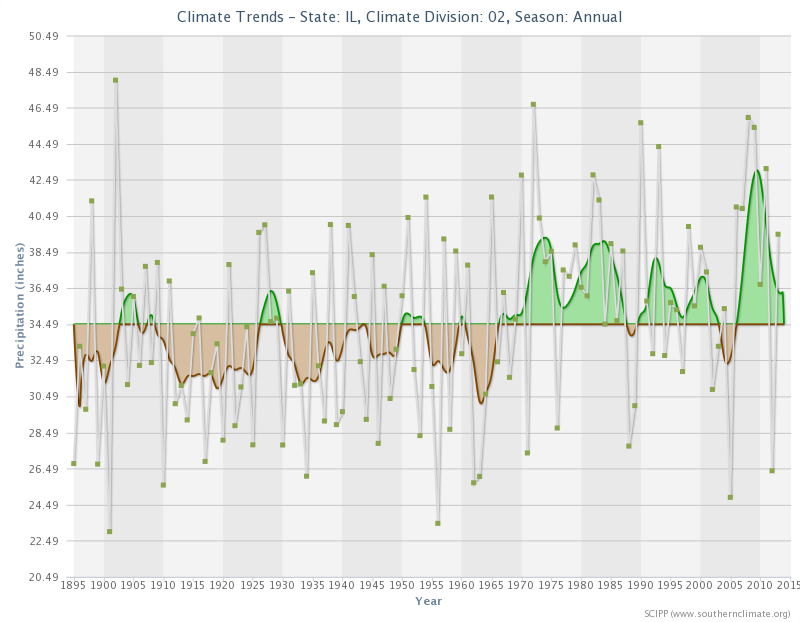There are so many things in life we know intellectually but forget in reality before getting an unhappy reminder. The ever-later sunrises in October, for example, just suck, but we forget.
Since the end of daylight saving time moved from early October to early November in 1986 and 2007, October mornings are just grim, especially when it's overcast and gloomy, like today. The sun rises in Chicago before 7am until October 12th, but even at 6:45 (like today) many people still wake up before dawn.
My second-favorite city in the world has it worse, though. London sees the sun come up around the same time as Chicago in the middle of September, but today the sun came up there well after 7a. The day before the UK goes back to GMT at the end of October, London's sunrise is a depressing 7:43a on the 25th, but it gets worse for them. Boxing Day (December 26th) doesn't see the sun until 8:07a.
Chicago's latest sunrise this year is 7:24a on November 1st. Because Chicago isn't as far north as London, our midwinter sun comes up a few minutes earlier, at 7:19a on January 4th.
So much for quantifying misery. It's all cyclical. October mornings can just be depressing, though.
Illinois state climatologist Jim Angel explains, it depends:
No doubt today (September 22) will be announced as the “first day of fall” because of the fall or autumnal equinox. However, that concept refers to the date when we get equal amounts of daylight and dark.
Climatologists and meteorologists prefer to use calendar months to define the four seasons in the US. For example, fall would start September 1 and end on November 30. Not only is this more convenient, because you can use monthly data, but it lines up better with the typical or average temperature pattern for Illinois. Unfortunately, the meteorologists would describe this three-month period as “meteorological fall”. However, I would argue it is “climatological fall” since we are looking at long-term average to determine the season.
In summary, while the four equinox and solstice events are interesting, they are not really the best way to define the start of seasons in Illinois. Starting dates of March 1 for spring, June 1 for summer, September 1 for fall, and December 1 for winter are better aligned with the climatological data.
But if you prefer to use the September equinox as your official beginning of fall, that event will take place at 21:29 CDT (02:29 UTC) tonight.
And for you pagans out there, may you have a balanced and warm equinox.
We had spectacular weather across the region Saturday and yesterday. For our hike Saturday we had partly-cloudy skies, low humidity, and 14°C—nearly perfect. Here's Parker at the top of the trail, refusing to look at the camera:

Then, yesterday, I had my final Apollo audition up at Millar Chapel in Evanston. Again, perfect weather:

It's a little cloudy today, but otherwise cool and October-like. As far as I'm concerned, it can stay October-like for the next six months. Walking is good for you.
Also, can I just point out that the 16-megapixel camera that's just an add-on to my phone takes better photos than any even serious Pro-Am cameras from five years ago? Yikes.
Chicago—a lot of the country, in fact—is experiencing the coldest early-fall weather in a century:
Never before over the 143-year term of official Chicago records dating back to 1871 had a September 11th failed to produce a high temp which reached 14°C. Never, that is, until Thursday! The day’s 13°C midnight high set a record for the coolest Sept 11 on the books, effortlessly eclipsing the previous record of 15°C. Yesterday’s 13°C was 12°C below normal and 13°C cooler than the day before and, perhaps most significantly, the chilliest early season daytime high temperature which has occurred in the city over the past 97-years!
Oh, and it snowed in South Dakota yesterday. In September.
Meanwhile, the Pacific Coast continues their worst drought in forever...
Meteorological autumn began last Monday, but as usual in early September we slouched through some sticky heat most of the week. Then Friday the weather broke, and this past weekend's weather was spectacular.
Partially because the lake was so cool from last winter, this summer we had only three 32°C days—fewer than in any year in history except 1979.
It gets better (i.e., cooler). The forecast calls for slightly-above-normal but comfortable days today and tomorrow, followed by a cooling trend taking temperatures down nearly 9°C by Friday. Because this is Chicago, where we go from shorts to jackets in less than a week.
Unfortunately, I'm going to spend tomorrow in Phoenix and Wednesday in Louisville, where it will be ghastly warm. Oh well.
I haven't posted a lot this weekend because the weather has been too nice. Yesterday and today Chicago has had temperatures around 23°C, sunny skies, and gentle breezes. It's hard to stay inside, even with the windows open.
And in the evening, our annual cicadas are finally out. Talk about getting a nice buzz on a late-summer evening...
Yesterday Parker got more than two hours of walks; today he'll get at least an hour, though I'm likely to get a lot more as well. (My phone's pedometer says I got 13.3 km yesterday and only 3.9 km so far today.)
Posting might be slow this week because of an odd travel schedule, too. More on that later.
Good morning. It's the 1st day of September, 2014, and meteorological summer is over. School is back, Labor Day is upon us (but only in the U.S., where it doesn't remind anyone of actual labor struggles), and I've had Parker for 8 full years. (The annual Parker Day photo will have to wait until he and I are both back home. I know, this is the second year running that I've missed the day itself. I hope he forgives me.)
On the whole, summer wasn't bad. Autumn should be fine as well: I'm attending a dear friend's wedding this month, going to London next month, and in between, aiming to walk Parker as much as our legs can carry us. Cleveland will be involved as well, though to what extent, I don't yet know.
Still, I'm not sure where summer actually went. May doesn't seem that long ago.
When I visit my folks in northern California for short visits, I use the same trick to ward off jet lag that I use in London: I stay on Chicago time. This means, however, that I get up around 5:30 and hike over to the Peet's to work until everyone else wakes up.
Combine that with this being the end of August and it really brings home how short the days are getting. At home I've already noticed how gloomy it is at 6:30; here, I'm leaving the house at 5:45, almost an hour before sunrise. The last time I visited California, in May, I walked to the coffee shop at dawn. Today I thought it prudent to bring a flashlight.
Chicago has lost 74 minutes of daylight since August 1st, and will lose another 100 minutes by the end of September.
We'll also get cooler weather, changing leaves, sweaters, and longer walks with Parker, so it's not all bad.
Jim Angel, the Illinois State Climatologist, wrote yesterday that Chicago-area precipitation seems to have shifted around 1965:
First of all, northeast Illinois (Cook and several surrounding counties – see map below) has experienced a shift in precipitation over the last 120 years. This plot shows the amounts for each year as green dots, and an 11-year running average showing longer periods of dry conditions (brown) and wet conditions (green). There is a pretty remarkable shift from a drier climate between 1895 and 1965 with lots of brown, towards a wetter climate from 1966 to present where green dominates.
If you compare the average annual precipitation between the two periods, you get 836 mm for the earlier period and 935 mm for the later period. That is a 99 mm increase, or about 12 percent.
Of course, we have still experienced drought conditions in this later wet period, as noted in 2005 and 2012. However, the wetter years far outnumber the dry years since 1965. BTW, this pattern is not unique. I have seen this across the state.

So, with slightly warmer weather, milder winters, and more precipitation, it looks like Illinois might suffer less from climate change than other parts of the country. However, those conditions have led to increasing insect populations and more-frequent large precipitation events, with non-trivial costs.
At least we're not in South Florida, which not only faces complete inundation from rising sea levels, but also a climate-denying Congressional delegation.
The Chicago Air and Water Show may not happen today because of rare weather conditions:
[T]he Chicago National Weather Service said "rare low clouds" are impacting the Air and Water show. Low clouds have a ceiling height of 1,000 feet, the weather service said. Only 2 to 3 percent of August days have had low clouds since 1973, the weather service said.
Now, skipping the foggy understanding of weather terms and government agencies the ABC reporter showed in that paragraph, it doesn't look good for the show. Right now conditions the lakefront has low instrument meteorological conditions due to a 125 m ceiling (somewhere around the 60th floor of most downtown buildings) and 6 km visibility. The latest forecast calls for more clouds.
We've had a cool, wet summer, following a record-cold winter, so Lake Michigan is just a huge fog maker lately. Yesterday was warm and sunny, but in the past 12 hours a low pressure system has passed directly overhead bringing northeast winds and draping a cold front across the region. It's 6°C warmer in Aurora and Kankakee than it is in Waukegan or Racine, for example.
So, thousands of people are disappointed today. Still, it's quiet and cool in Lincoln Park right now. That's not a horrible outcome.